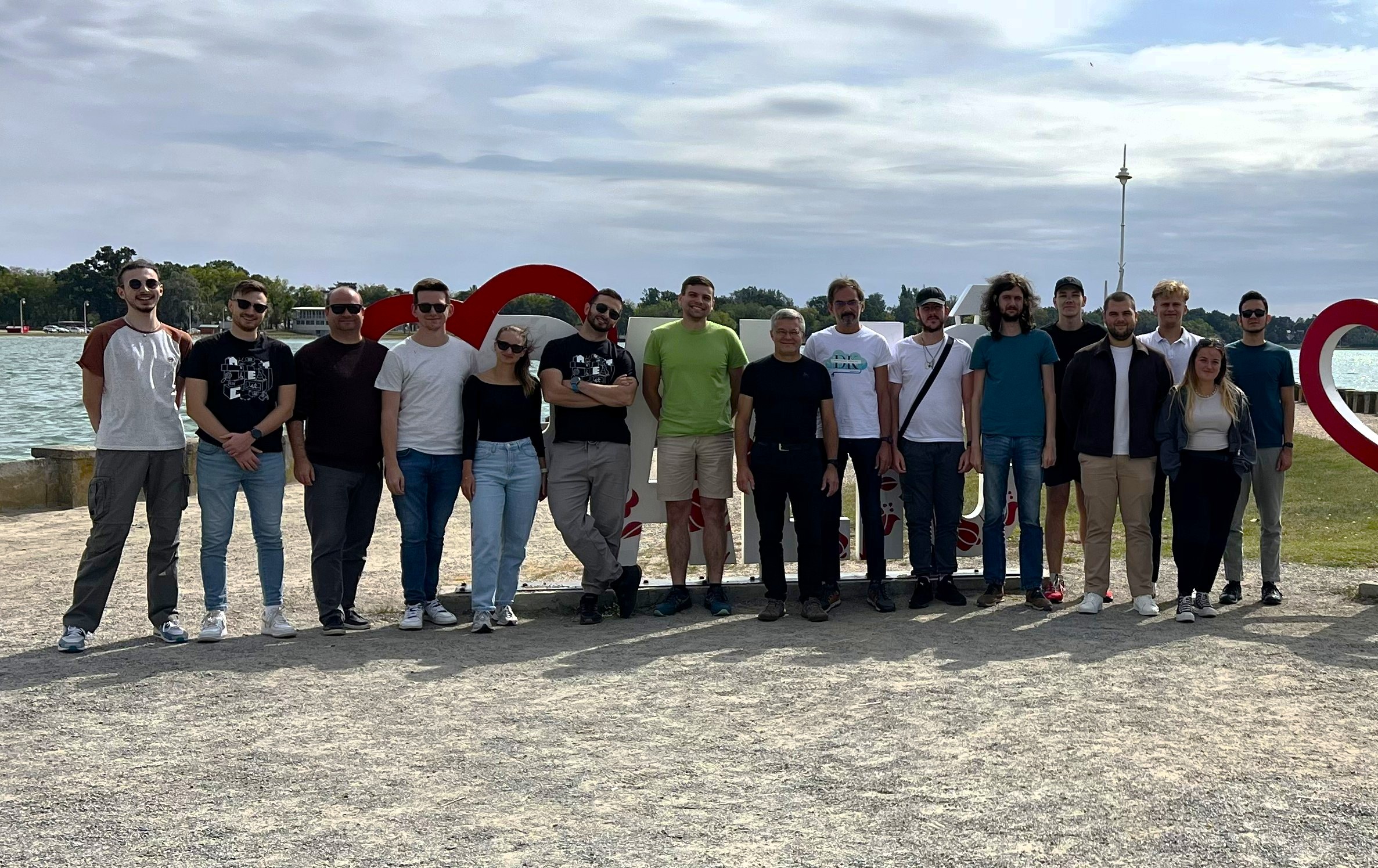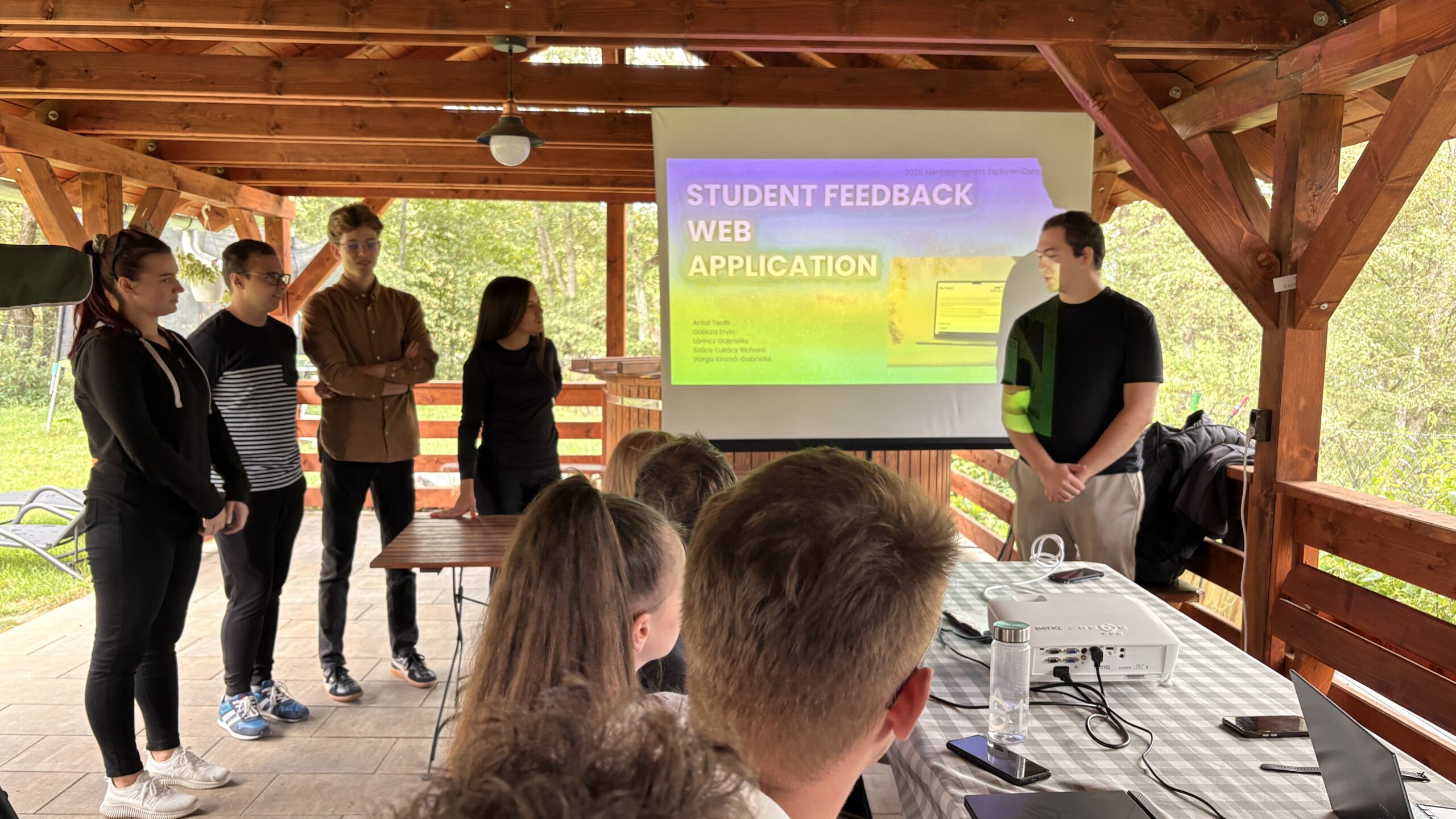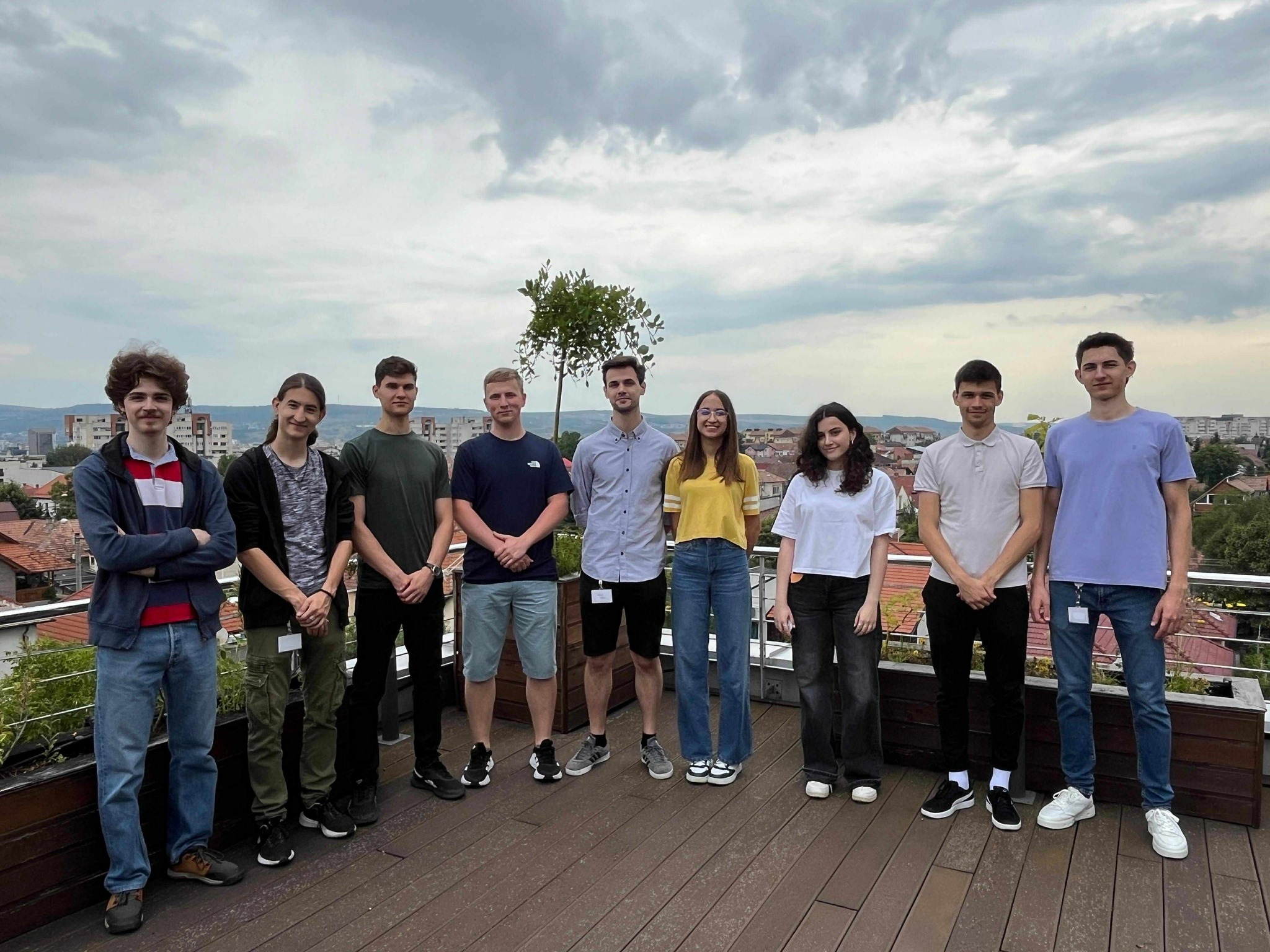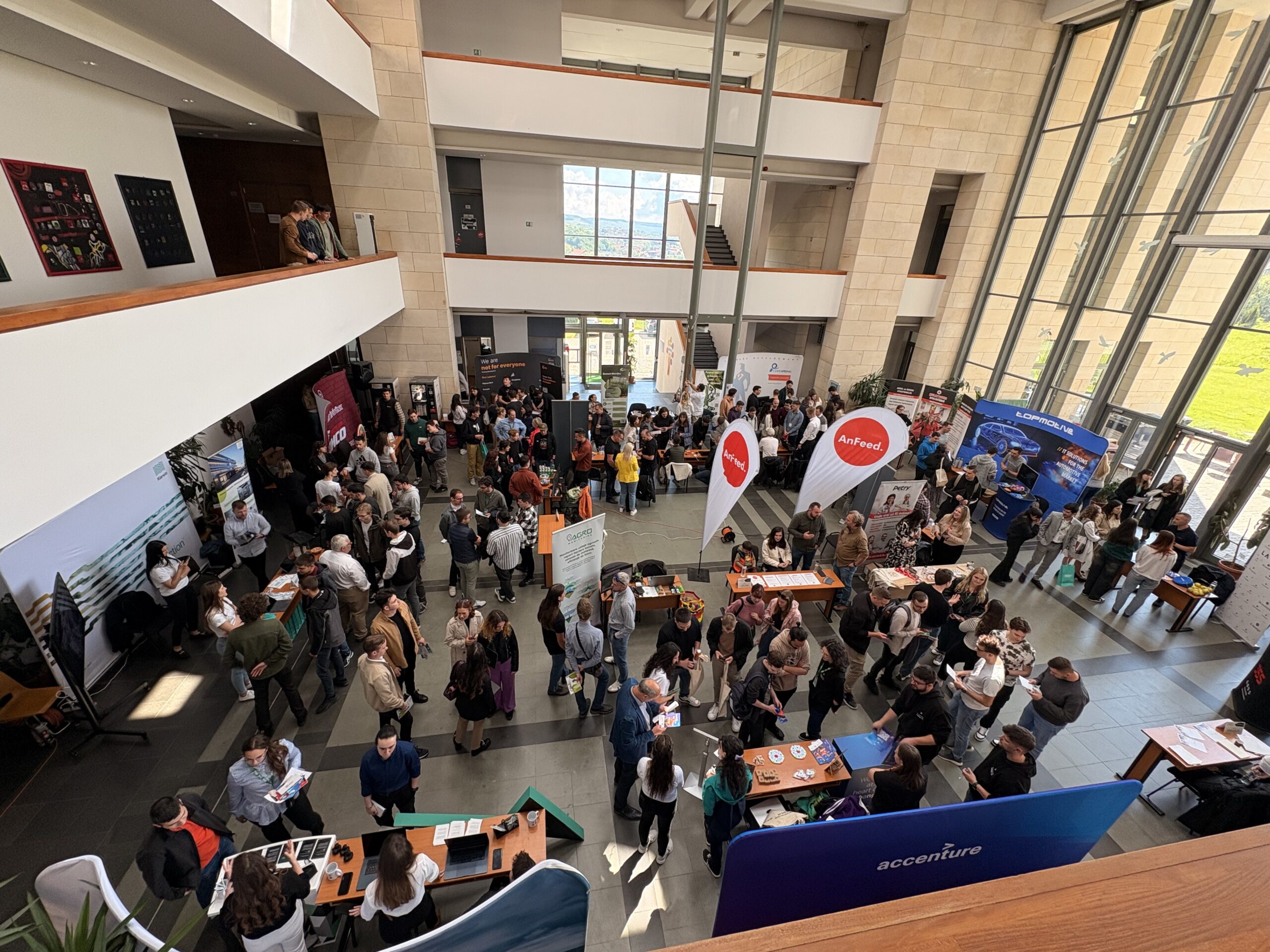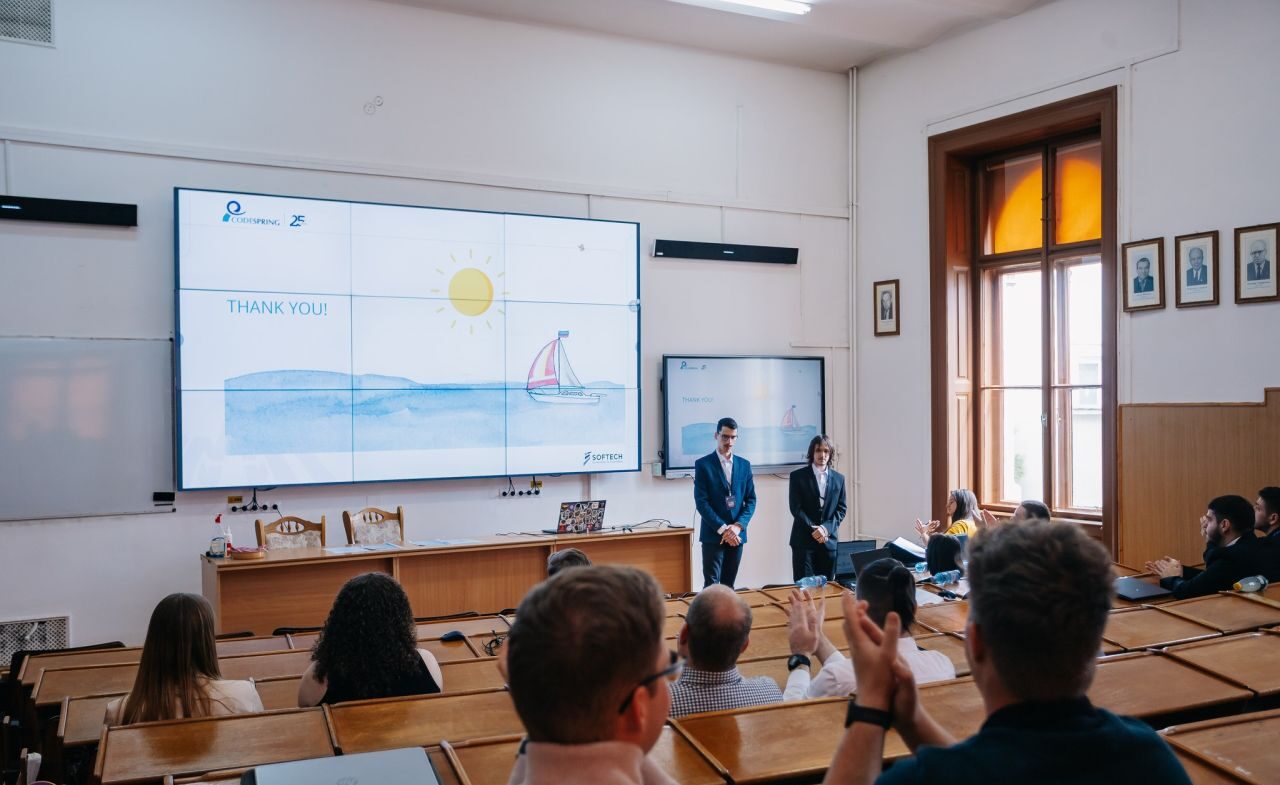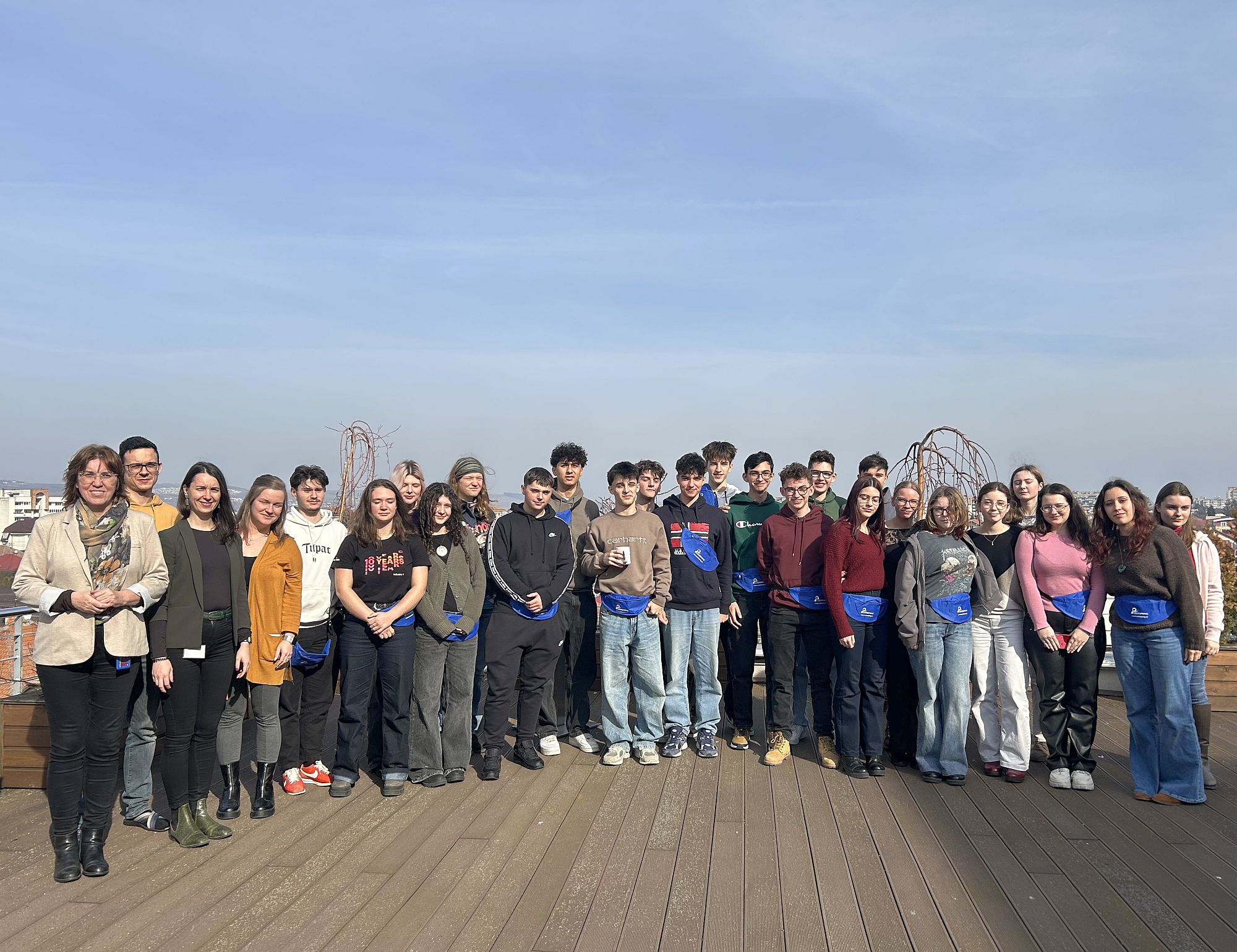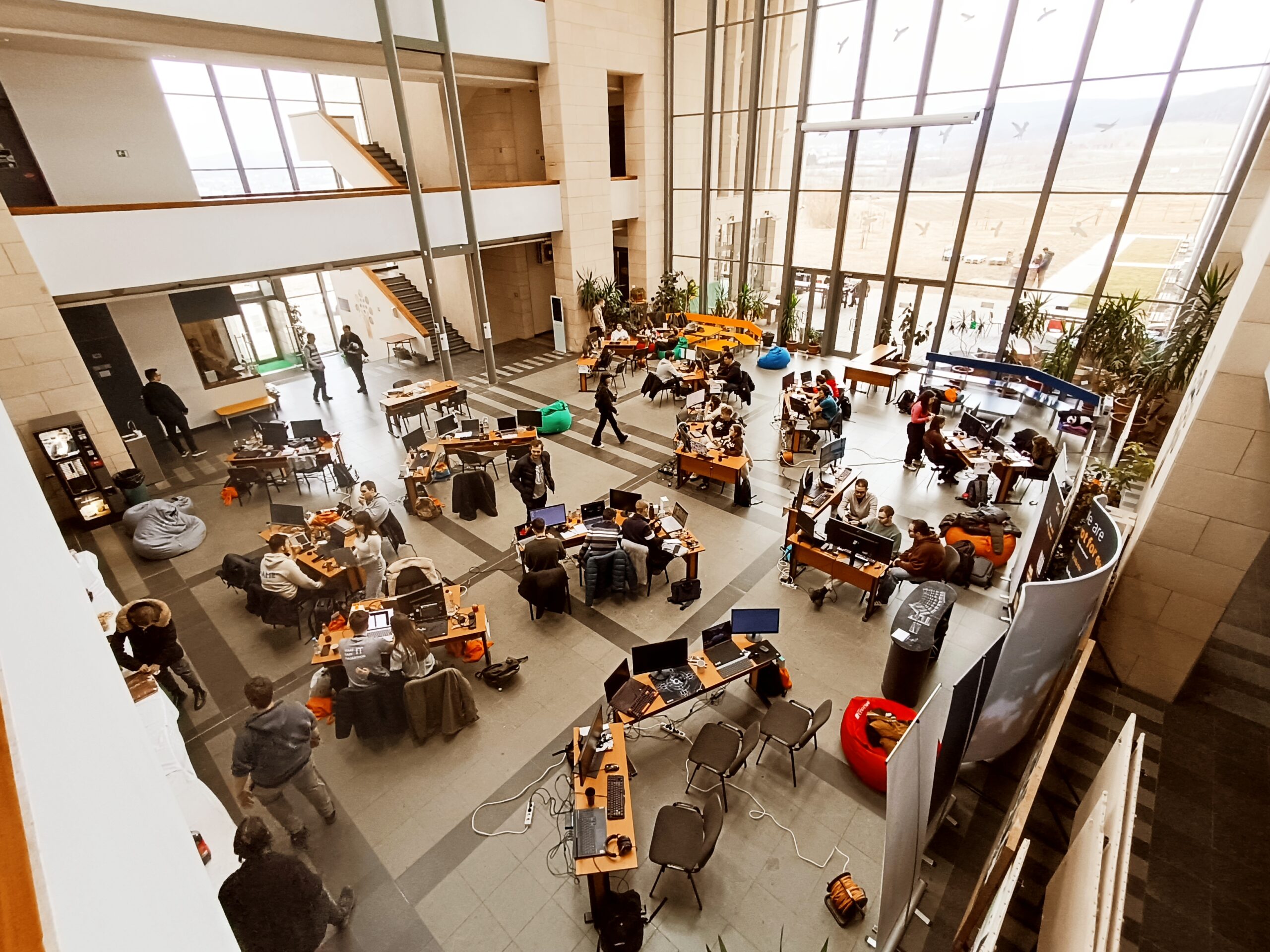2024 Mercer Marsh Benefits Conference in Cluj: The workplace of the future – keeping safe in the storm. Around 200 HR professionals from Transylvania attended this year’s Mercer Marsh Benefits conference to learn about the challenges of 2024, the future most in-demand jobs, the impact of artificial intelligence on the labour market, and the evolving needs of employees. The event, held in Cluj Napoca for the fourth time, was entitled Workforce 2.0 WorkHuman.
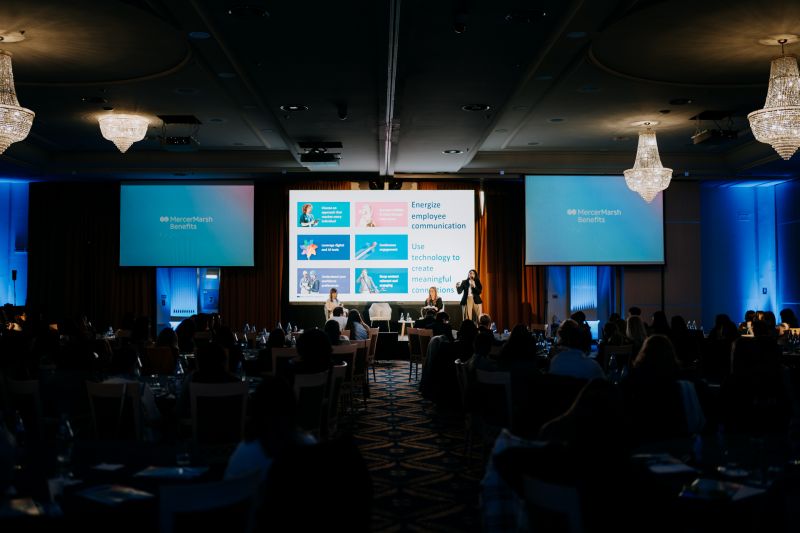
Thirty-two percent of EU workers plan to resign in the next 12 months, announced the speakers of the Mercer Marsh Benefits 2024 Conference, organized for the Transylvanian HR community for the fourth time in Cluj-Napoca, in the elegant event hall of the Grand Hotel Italia. The audience of nearly 200 HR professionals gained a half-day insight into the economic challenges of the past year, as well as the present trends and those expected over the next two years, based on Mercer Marsh Benefits’ analysis covering 15 industries, some 140 companies and more than 800 jobs.
The data presented and the panel discussions examined the state of the labour market both in its “external” aspects (global political and economic indicators, technological developments, changes in labour laws) and in its “internal” aspects (employees’ expectations, opportunities for development, ensuring physical and mental well-being, etc.) – with a special focus on the IT sector, which is one of Cluj-Napoca’s leading industries.
Challenges that Employers Face
This year has been certainly challenging, and there are still changes to come, said Sînziana Mureșan, HR Director at Emerson, Gyöngyi Hunyadi, HR Manager at VCST Automotive and Alexandra Panut, Lead HR Manager at Darwin & MMC Tech, who took the stage in the first panel discussion of the day. Companies are experiencing the effects of both domestic and global socio-political instability (wars, changes in US foreign policy, the tech winter, etc.). In addition, the EU regulation on salary transparency could also cause headaches for companies, as will the recruitment of experienced professionals alongside a weakening training supply, as well as the development of personal competencies (e.g. emotional intelligence) and flexibility in the midst of rapid changes.
Despite the fact that these impacts are felt by all, there is a need to develop a range of plans “from no change to apocalypse”, the experts said. They suggest a lot of discussions between employers and employees, and the implementation of lessons learned during the pandemic. Employers are advised to develop a training plan to prepare their staff to deal with both rapid turnover and controversial issues that can be more difficult to handle than negative facts. Moreover, HR professionals can be very helpful in overcoming disagreements between employees and employers or in synchronizing expectations.
Several Generations in Shared Workspace
There are hurdles to expect from an employee perspective, too, summarized Ioana Cipcigan, Digital & Advisory Leader at Mercer Marsh Benefits, Olga Adam, Best Practice Lead at MMB, and Roxana Eftene, Senior Product Manager at ‘Darwin’ benefits management software, during the second panel discussion. The most important challenge to deal with lies in the different needs of employees from different generations: from baby boomers to Gen Z, everyone is still active in the labor market, with different needs in terms of communication and benefits.
While retirement-related issues (such as adequate insurance) are already at the forefront for the former, for the later, technological advances and instant access to information – or even the use of multiple devices in parallel – are vital. This diversity in the workplace hides many challenges, but also many opportunities, as each generation has its own strengths – the experts pointed out.
We Should Embrace Diversity
There are also other aspects of diversity that need to be considered when talking about well-being at work, such as inclusive, empathetic communication with remote workers or with colleagues with specific family backgrounds (single parents, etc.), automated communication of specific information at different life stages (e.g. childcare information).
In the field of wellbeing in the workplace, it should be kept in mind that the ‘simple’ pay slip is now a thing of the past: remuneration today has turned into a complex package of benefits, including not only different extra perks available in the workplace, but also health insurance and other paid services such as training, as incentives. This scheme is also changing and evolving very quickly.
Giving a Stress Ball, but Not Telling What It’s For
In the future, employees and employers will need to place more emphasis on the availability of physical and mental health services, adds Dan Dobre, Growth and Solutions Leader at MMB. He added that in the past year, 46 percent of workers across the EU have experienced an emotional or psychosocial breakdown – such as depression or persistent anxiety – but only 10 percent of them have asked for professional assistance. In addition, more and more workers are taking sick leave because of mental health problems – Romania is of course not an exception.
Raising awareness of the importance of asking for help is a common responsibility, as well as creating a physically, mentally, emotionally and financially safe working environment, he added. He pointed out that in many workplaces, a number of health services are available, but their implementation is not clearly explained to staff, so they are unable to use them effectively and may even feel disadvantaged as a result. “We are giving them stress balls, but we do not explain what they are for,” he said.
Security is More Important Than Money
To create real wellbeing in the workplace, the needs of employees must be taken into account first, because they do not put the same factors first as the majority of employers, he continued. In fact, most employers put much more effort into the attractive design of the working environment than into workplace safety, he said, giving one example among many. Health screening and training on mental health challenges and psychological safety are also very important for employees, but employers do not necessarily put them at the top of the list of priorities, he said.
After the general needs assessment, the situation is further complicated by handling the specific challenges of disadvantaged groups, such as sexual orientation minorities, people with below-average incomes or single parents, and ensuring their welfare, he pointed out.
One Third of The Staff Would Quit
32% of employees in the EU are currently considering resigning, at the latest within the next year, but preferably as soon as possible, according to the alarming results of the MMB survey, presented by Alina Popescu, Talent Information Solutions Leader.
Companies are also facing increasing staff shortages and the difficulties caused by demotivated, aging and technologically challenged workers, she revealed. Global trends show that the priority for firms is to invest in “acceleration”, i.e. using technological innovations such as artificial intelligence to speed up processes.
Artificial intelligence – Tame it Into a Friend
“Re-technologization”, i.e. the mastering of new skills, will be crucial in the forthcoming years, speakers agreed. They added that, under these conditions, we should not be afraid of AI, but rather use it as a tool for repetitive tasks that do not necessarily require human input and can therefore be automated (payroll or the issuing of various certificates, forms, notifications, reminders, etc.).
However, we must be aware that using AI, all the data we enter will be included in its learner dataset, so we should consider whether we should provide confidential data and ensure that the data we enter is correct.

